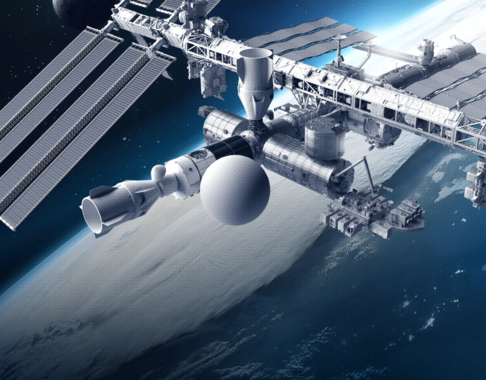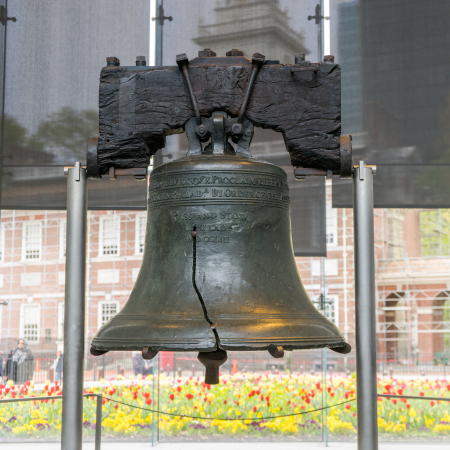Two Saudi passengers to fly on Axiom’s second commercial flight to ISS
According to one NASA official, Axiom now plans on launching two as yet unnamed Saudi passengers on AX-2, its second commercial flight to ISS scheduled to launch in May 2023 on a Dragon capsule.
The names of the two Saudis on the flight have not been released, she said, but that “we are working very hard with them on training already.” A slide for her presentation noted the two would be named after formal approval by the ISS program’s Multilateral Crew Operations Panel. That slide also stated that crew training for the mission started Oct. 17.
The Saudi Space Commission and Axiom Space separately announced Sept. 22 plans to fly two Saudi citizens on a future Axiom Space mission. However, while it was widely rumored the two would fly on Ax-2, neither announcement stated a specific mission. The Saudi statement said that one of the two people would be a woman but did not disclose how the astronauts would be selected.
Neither Axiom nor the Saudis have revealed the ticket price, though it probably runs somewhere in the range of $20 to $50 million per ticket, based on past known purchase prices by NASA and others.
According to one NASA official, Axiom now plans on launching two as yet unnamed Saudi passengers on AX-2, its second commercial flight to ISS scheduled to launch in May 2023 on a Dragon capsule.
The names of the two Saudis on the flight have not been released, she said, but that “we are working very hard with them on training already.” A slide for her presentation noted the two would be named after formal approval by the ISS program’s Multilateral Crew Operations Panel. That slide also stated that crew training for the mission started Oct. 17.
The Saudi Space Commission and Axiom Space separately announced Sept. 22 plans to fly two Saudi citizens on a future Axiom Space mission. However, while it was widely rumored the two would fly on Ax-2, neither announcement stated a specific mission. The Saudi statement said that one of the two people would be a woman but did not disclose how the astronauts would be selected.
Neither Axiom nor the Saudis have revealed the ticket price, though it probably runs somewhere in the range of $20 to $50 million per ticket, based on past known purchase prices by NASA and others.


